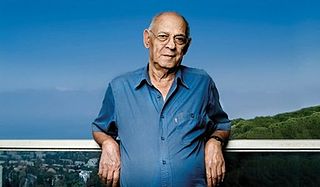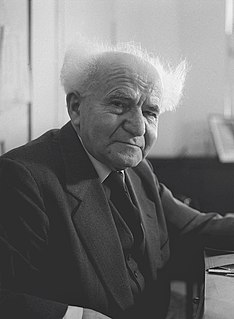A Quote by Woody Allen
I'm twelve years old. I run into a synagogue. I ask the rabbi the meaning of life. He tells me the meaning of life but he tells it to me in Hebrew. I don't understand Hebrew. Then he wants to charge me $600 for Hebrew lessons.
Related Quotes
I work in Hebrew. Hebrew is deeply inspired by other languages. Not now, for the last three thousand years, Hebrew has been penetrated and fertilized by ancient Semitic languages - by Aramaic, by Greek, by Latin, by Arabic, by Yiddish, by Latino, by German, by Russian, by English, I could go on and on. It's very much like English. The English language took in many many fertilizations, many many genes, from other languages, from foreign languages - Latin, French, Nordic languages, German, Scandinavian languages. Every language has influences and is an influence.




































